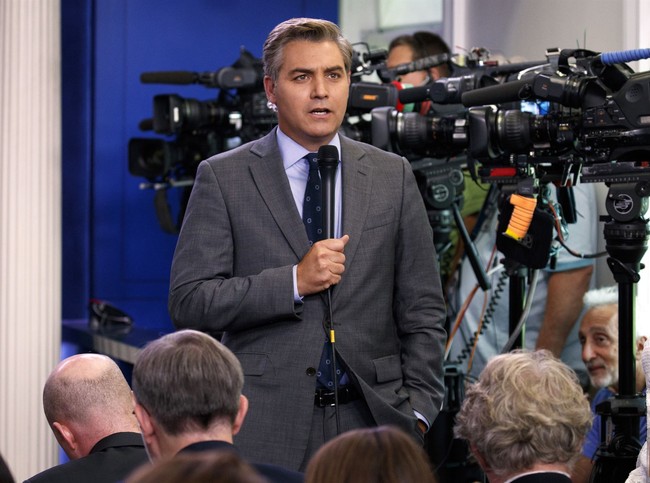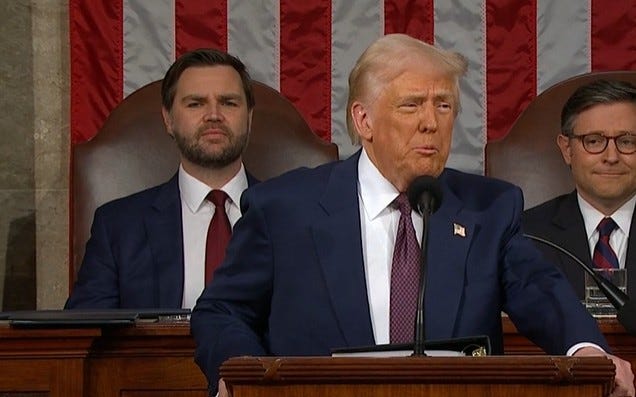ARTICLE AD BOX
PARIS — With the failure of Emmanuel Macron’s electoral gamble in the rearview mirror, two of the French president’s allies are working to seize on the chaos and establish themselves as their boss’ heir apparent.
Outgoing Prime Minister Gabriel Attal and Interior Minister Gérald Darmanin are fighting over the scraps of what remains from Macron’s camp after it lost more than a third of its representation in the National Assembly in snap elections that ended in disaster for the president on Sunday.
Each hopes to cobble together enough support to form a governing coalition following a vote that saw the pan-left New Popular Front score a surprise first place showing, but with no party coming close to winning an outright majority.
Darmanin, a disciple of former President Nicolas Sarkozy who got his start as a young activist in the ranks of French conservative forces, is focusing his efforts on building an alliance with the center-right. Attal, a former socialist who implemented key right-leaning policies while in government, is signaling a willingness to work with parties left-of-center.
Should one succeed, he would bolster his chances to represent Macron’s camp in the 2027 presidential election.
The conservative loyalist vs. the centrist rebel
Macron himself saw his leadership questioned in unprecedented terms in the lead-up and aftermath of the two-round vote. Candidates openly avoided a leader they deemed too toxic to win, and government heavyweights like Attal distanced themselves the decision to call snap elections.
Attal, 35, was appointed earlier this year and campaigned hard for his party, making numerous on-the-ground trips to support candidates and media appearances to defend his camp.
 Each hopes to cobble together enough support to form a governing coalition following a vote that saw the pan-left New Popular Front score a surprise first place showing. | Emmanuel Dunand/Getty Images
Each hopes to cobble together enough support to form a governing coalition following a vote that saw the pan-left New Popular Front score a surprise first place showing. | Emmanuel Dunand/Getty ImagesBut he openly broke with Macron’s unexpected decision to dissolve parliament on election night.
“I didn’t choose to dissolve parliament — but I refused to remain passive,” Attal said.
The head of government’s combative spirit endeared him to the remaining Renaissance lawmakers, positioning him to be elected speaker of his parliamentary group — much to the dismay of the French presidency, which feels threatened by his surge in popularity.
Darmanin, meanwhile, was one of the rare outgoing cabinet members who stood by the president’s decision to call new elections. Eyeing a way out of government, he lauded Macron’s “courage,” arguing that the decision to call snap elections aligned with the spirit of one of the French Fifth Republic’s forefathers, Charles de Gaulle.
The interior minister is known for his hardline positions on immigration and security. Darmanin has been calling to govern “on the right” while pushing to protect France’s more left-leaning social redistribution policies. “What will win tomorrow is a firm line on justice, immigration and crime, and social care,” he said during the campaign.
Darmanin now seeks to build a coalition with the conservative Republican group in the National Assembly. However, Laurent Wauquiez, the president of the newly-formed Republican group, immediately rejected any coalition prospects.
Attal, on the other hand, prefers a “plural assembly” that involves cross-partisan lawmaking with every party except the most radical left and right-wing forces.
“I firmly believe that there are republican political forces on the right, center, and left that can rally around the interests of the French people,” Attal said.
Mayhem in the presidential camp
While centrists did better than expected on Sunday — scoring enough seats to beat the far-right National Rally, which most pollsters had tipped to come in first place — the movement is still bleeding support and membership.
Many are questioning whether their future lies within Macron’s party, Renaissance, now that it is longer the main force in parliament. Lawmaker Sacha Houlié, one of the president’s earliest supporters, announced he would no longer be part of Renaissance, aiming to build his own group which could include lawmakers “from the social right to the socialist left.”
 Gerald Darmanin is focusing his efforts on building an alliance with the center-right. | Kenzo Tribouillard/Getty Images
Gerald Darmanin is focusing his efforts on building an alliance with the center-right. | Kenzo Tribouillard/Getty ImagesDarmanin loyalists are looking to impose their line, rejecting any notion of working not only with the radical leftist France Unbowed, long abhorred by the centrists, but also with the French Greens. Maud Bregeon, a Renaissance parliamentarian close to Darmanin, accused Green leader Marine Tondelier of having “condoned the use of Molotov cocktails against the security forces” during a protest over water reservoirs last year.
One thing is clear: Macron’s promise to “overcome” the left-right divide during his first campaign for president is in mortal peril. Whether he — or anyone else — can bind the increasingly fractured center remains to be seen.
In a letter published on Wednesday, Macron called on “all political forces that identify with republican institutions, the rule of law, parliamentarianism, a European orientation and the defense of French independence, to engage in a sincere and loyal dialogue to build a solid majority.”
So what comes next?
The left-wing New Popular Front alliance is pressing Macron to call on them to form a government, with one of their own as prime minister. By next Thursday, July 18, the National Assembly’s new president will be elected, signaling what, if any, agreements have been reached.
.png)
 7 months ago
4
7 months ago
4








 English (US)
English (US)